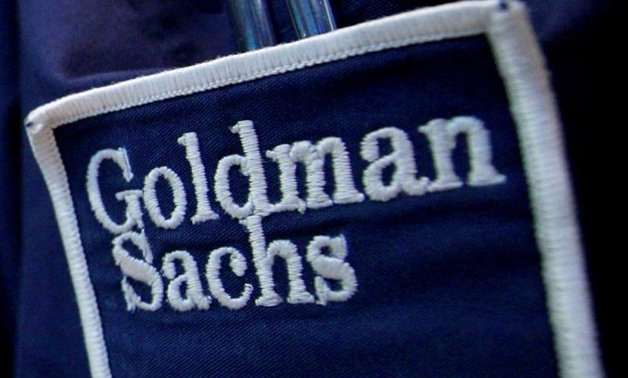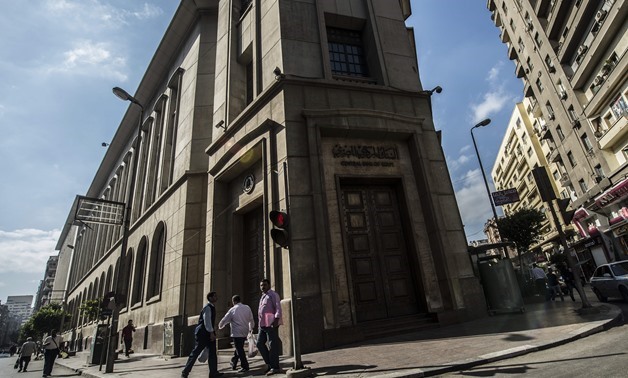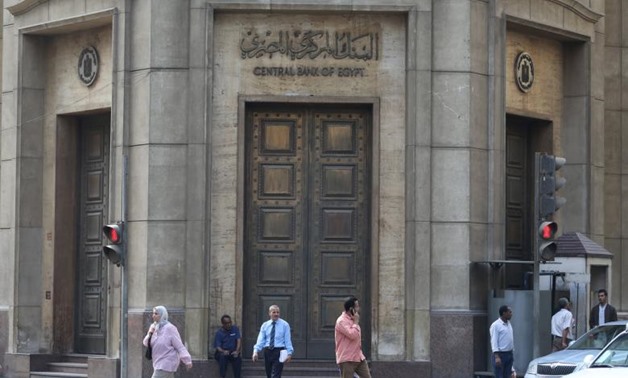Central Bank of Egypt

The source also mentioned that the current reserve balance is sufficient to cover approximately 7.9 months' worth of the country's merchandise imports.

The report suggests that in September, the CBE will reduce interest rates by 1 percent, followed by a further decrease of 2 percent in the last quarter of 2024.

Egypt's real GDP growth had slowed to 2.2 percent in Q1 2024, down from 2.3 percent in the previous quarter, according to the official release from the CBE

Citing data released by the national statistics agency, the CBE noted a similar decline in monthly core inflation, which stood at 1.3 percent last month, down from 1.7 percent a year earlier.

The $4.1 billion surplus recorded during the July 2023 – March 2024 period was bolstered by strong capital inflows, which included Foreign Direct Investment (FDI) soaring to $23.7 billion, a three-fold increase from the previous year's $7.9 billion

Egypt’s slow but steady NIRs growth, despite paying off large sums of outstanding debt, reflects a positive trend in the economy’s recovery.

The CBE also shared that the net open foreign currency positions as a percentage of total capital base improved significantly to 5.7 percent in March 2024, from -1.6 percent in December 2023

We-Fi aims to facilitate access to finance for women-led micro, small, and medium enterprises (MSMEs), in addition to providing them with the essential technical support

The new surplus reflects the country’s rapid recovery from previous deficits, which almost reached a high of $30 billion earlier this year, exacerbated by external economic challenges

Egypt repaid a substantial portion of its domestic and external public debt, amounting to $25 billion since March 2024

According to new data from the Central Bank of Egypt (CBE), cash balances held by banks operating in Egypt amounted to LE 109.394 billion in February, explained the CBE

According to the CBE, March 2024 recorded foreign purchases of local T-bills at $32.7 billion, compared to $13.6 billion recorded in February

Previously, Fitch Ratings had predicted that Egypt's foreign currency reserves would reach $49.7 billion in FY2023/2024 and $53.3 billion in FY2024/2025.

The Egyptian delegation participated actively in the meeting sessions, which highlighted the most prominent issues and axes that were agreed upon among the governors representing 81 participating countries

The CBE has previously disclosed that the number of InstaPay users currently stands at 6.2 million customers.

The Central Bank of Egypt (CBE) reported holding LE 1.883 trillion in foreign assets at the end of April, while commercial banks held LE 1.195 trillion

The Central Bank of Egypt’s (CBE) Monetary Policy Committee (MPC) decided to keep the CBE’s overnight deposit rate, overnight lending rate, and the rate of the main operation unchanged at 27.25 percent, 28.25 percent, and 27.75 percent, respectively

The purpose of these deposit auctions is to help curb the country's high inflation rate.

The Central Bank of Egypt released figures confirming an increase of $696 million in net international reserves during April, underscoring the country's growing economic strength

The deficit continues to decline due to increased inflows of remittances and foreign portfolio investments, including the second payment of the Ras El Hikma deal in early March.